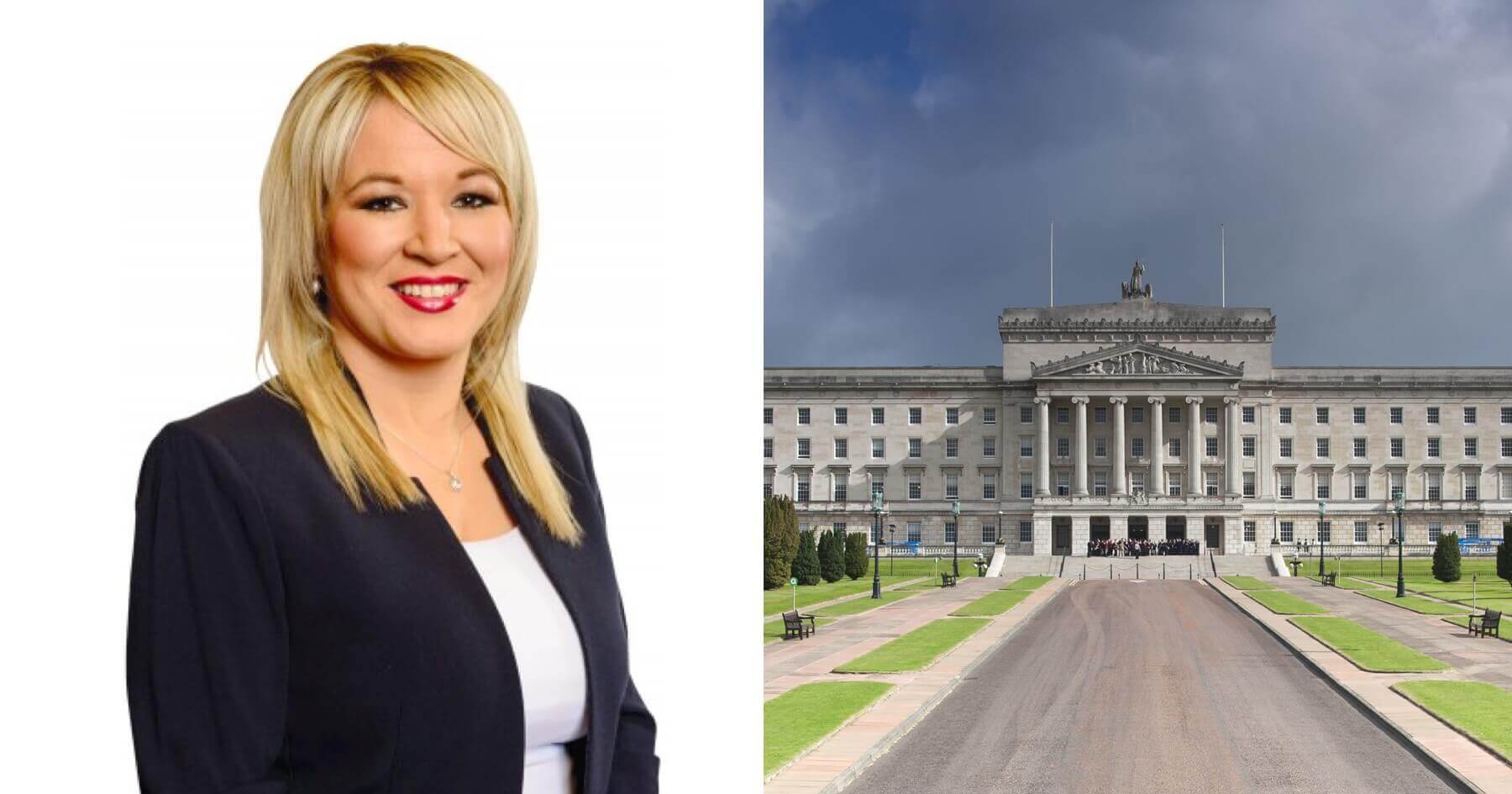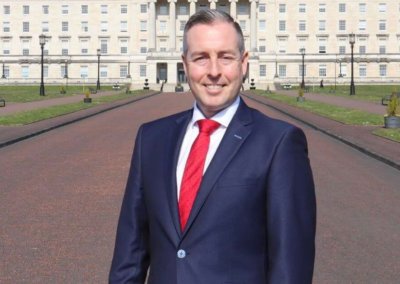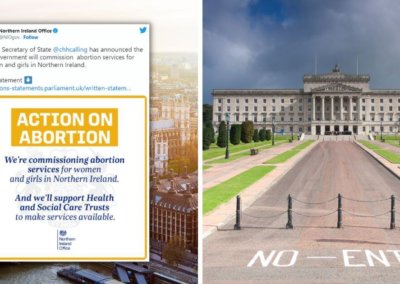The Northern Ireland Health Minister is under pressure from the political party Sinn Féin to roll out an abortion regime imposed by the British Government across Northern Ireland.
Since the imposition of abortion onto Northern Ireland by the British Government, abortions up to 24 weeks – and up to birth if the child has a disability – have been made lawful in the region. Individual health trusts in Northern Ireland have set up temporary procedures for abortions to go ahead and, since its introduction in March 2020, there have been almost 1,100 lives lost to abortion.
Health Minister Robin Swann is now under pressure from Sinn Féin to ensure that abortion is made available across the region.
Mr Swann has argued that, as a controversial issue, it is the task of the Executive to agree to set up the services.
Sinn Féin pressure to impose British Govt’s abortion regime
The Deputy First Minister and Vice President of Sinn Féin, Michelle O’Neill, has accused Mr Swann of “failing” women. On Monday she told Members of the Legislative Assembly:
“Since the framework came into effect there has been a legal responsibility on the health minister to ensure that he provides […] abortion services and that they’re provided via the health trusts here”.
“The minister should end the delay and fulfil his legal responsibilities to make these services available to women. His failure to do so to date is totally unacceptable”.
“I think the framework and the legislation are crystal clear, it is the legal responsibility of the Minister for Health to ensure these services are provided”.
Bill launched to protect disabled babies in the womb
The controversy comes at the same time as DUP MLA Paul Givan has launched a Bill to attempt to provide protections for babies in the womb with disabilities, who currently can be aborted up to term.
The Bill would prevent abortion in cases where a child has a disability such as Down’s syndrome or a cleft lip/palate. The Bill has been produced with the support of the disability campaigning group ‘Don’t Screen Us Out’ as well as the disability campaigner Heidi Crowter, who herself has Down’s syndrome. Crowter said that the law, which allows abortion up to birth for people with her condition, makes her feel like she would be “better off dead”.
Paul Givan said: “The current law tells those with disabilities that they are worth less than other people, their contribution is less valuable, their lives less important, less full”.
“It invites us to view those with disabilities as less deserving of the protection of the law. The idea that Down’s syndrome is some huge problem that should be addressed by abortion is chilling. You don’t have to look far to see the full lives those with disabilities lead – they enrich our communities and families”.
Right To Life UK spokesperson, Catherine Robinson, said: “This dispute illustrates the unwaivering commitment of at least some abortion supporters. It is not enough for abortion supporters that they have achieved legislative victory: anything that is perceived to inhibit abortion access in any way must, in their view, be removed. Even though abortion is now widely available across Northern Ireland, the fact that the procedure is not completely uniform and that some people might have to wait or travel is too much for them to bear”.
“It’s particularly surprising to see that the political party Sinn Féin is leading calls to put pressure on the Minister of Health to impose the British Government’s abortion regime on Northern Ireland.”
“Pro-lifers should be equally uncompromising when it comes to opposing an ideology that sees the relationship between mother and unborn baby as one of animosity.. The interests of both need not be opposed to one another. As pro-lifers, we believe it is possible to love them both”.












